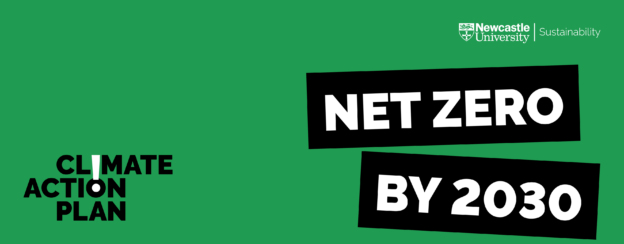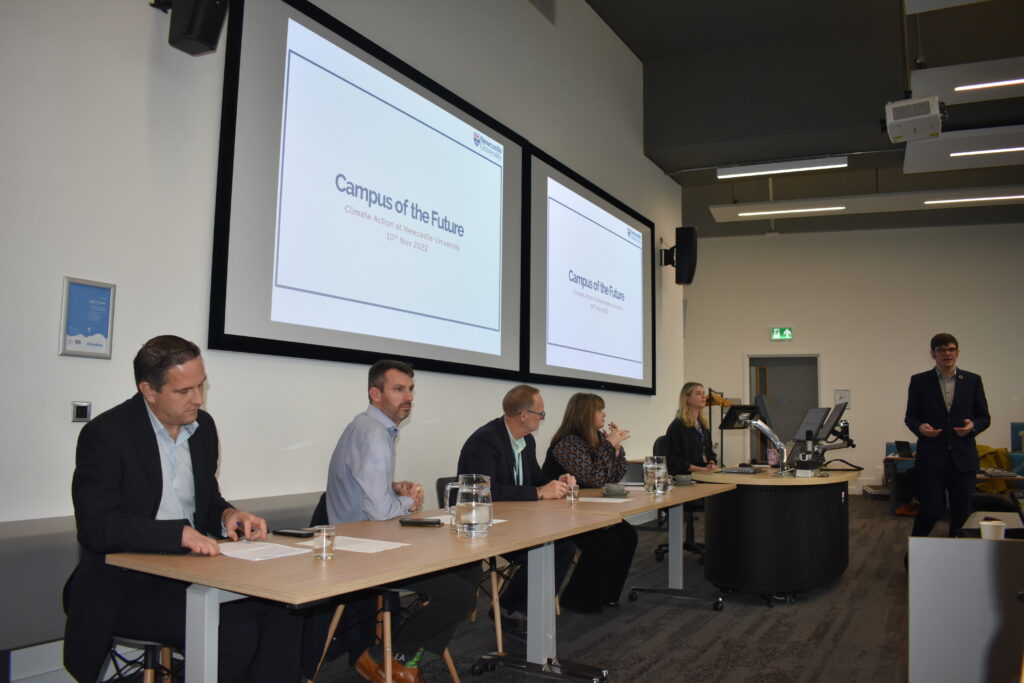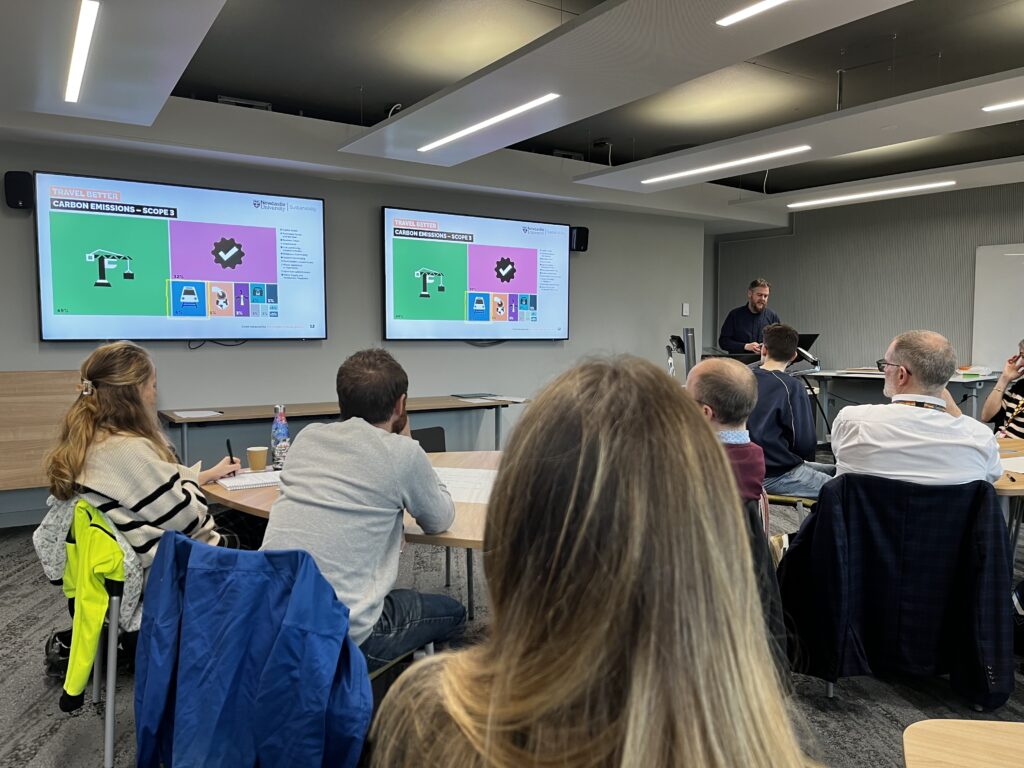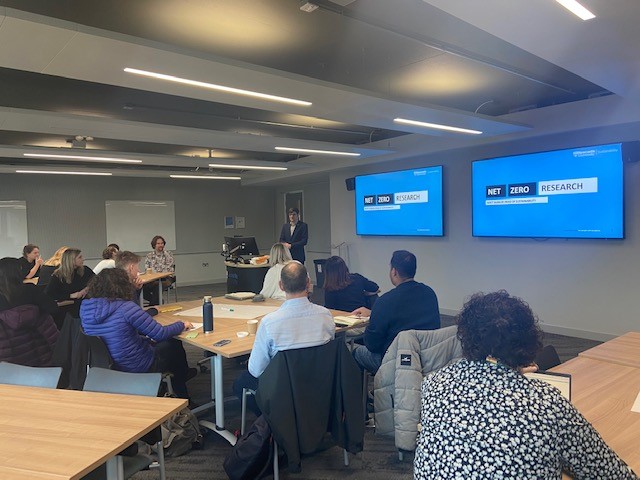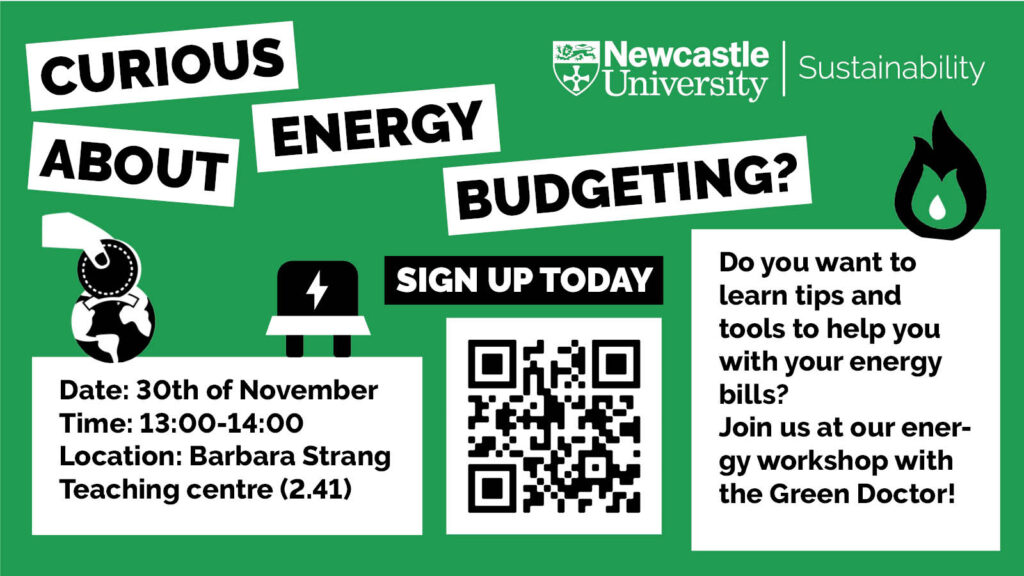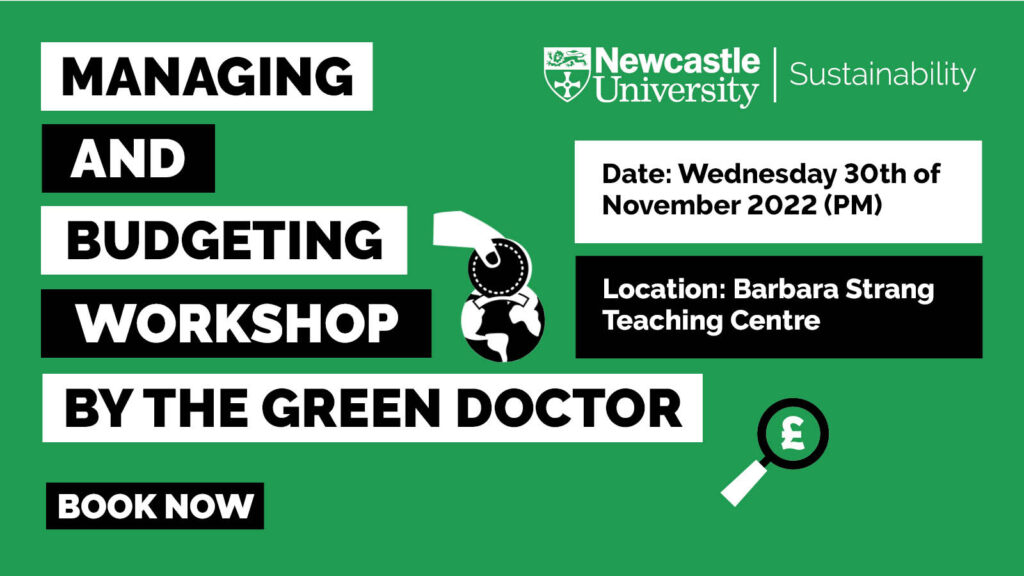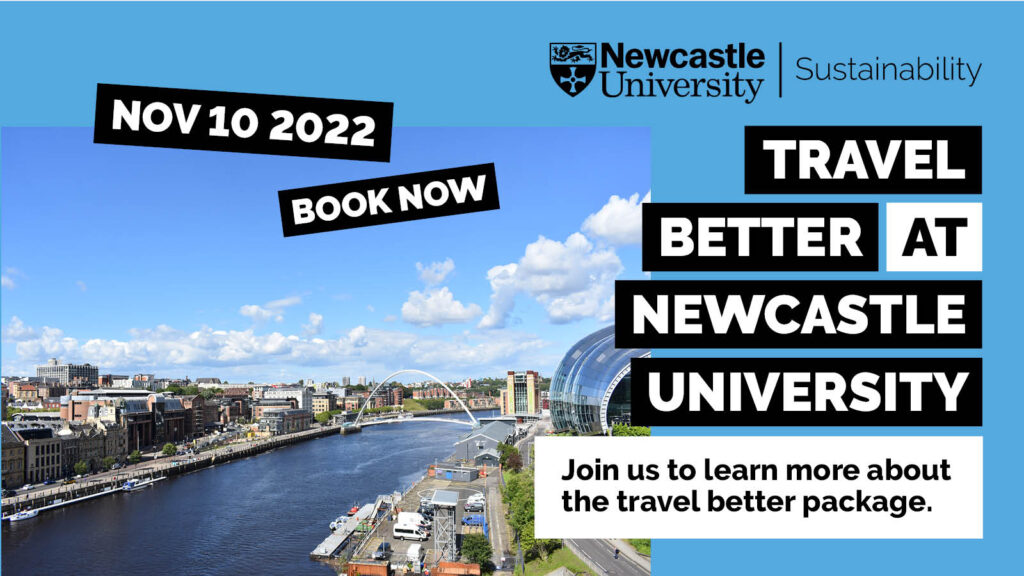COP27, Sharm El-Sheikh
Over the last couple of weeks, the world has been watching leaders talk about the future of our climate at COP27. The event, which has been happening annually since 1992, brings politicians, diplomats and non-governmental organisations from around the world to discuss the effects of climate change and actions we can take to combat it. These measures aim to keep the world below 1.5°C warming [from pre-industrial levels], a point at which, according to the International Panel on Climate Change (IPCC), ‘climate impacts will become increasingly harmful for people and the entire planet.’
Whilst there have been some positive advancements made at Sharm El-Sheikh, it is clear that we are not taking enough action to limit warming. We have identified three things that went well at the conference and three items which require more work.
What went well
A Loss and Damage Fund was established
The highlight of COP27 was the creation of the ‘loss and damage fund’. This monetary support will go to poorer nations who have suffered damage and economic loss as a result of climate change and the climate crisis that has unfolded. The formation of this fund is hugely significant as it overcomes decades of resistance from richer nations who are the primary contributors of greenhouse gas emissions. It is also the most significant gesture made in acknowledging inequalities surrounding the climate crisis.
Although the historic deal still has a way to go in terms of discussing its operation and which nations will contribute, the deal is a big step in the right direction.
Children and Young people had a voice for the first time
For the first time this year, children and young people were given an official space at the conference. The Children and Youth Pavilion gave young people a chance to hold discussions and policy briefings like never before. The inclusion of this platform is highly significant, especially as climate change is said to disproportionately affect children and young people.

Image of the COP27 Youth Pavillion
It got people talking
Large events like COP27 put the climate crisis at the forefront of diplomatic agenda and the global media. They bring both rich and poor nations together to discuss an issue which affects us all and requires a global response. The high-profile nature of these events means the climate crisis is given much more media time and encourages conversations which otherwise may not have been had.
What needs work
A lack of female representation
A BBC analysis of the event found that less than 34% of country negotiating staff were women and, in some teams, staff were over 90% men. This is very problematic, especially as research has found women to be disproportionately affected by the effects of climate change. Women are more likely to depend on the land for their income and food and these resources are being increasingly threatened. Moreover, they are usually responsible for securing water, and when resources run dry, they must walk greater distances to find them. This leaves them exposed to increased risks of gender-based violence.
Gender equality is crucial to future talks about climate change. It is only by acknowledging the struggles women face and listening to their inputs that effective change can be made. We therefore hope that future negotiations will have equal representation.

The lack of women at the event can clearly be seen by the COP27 ‘family photo’. Out of the 110 leaders present, just 7 of them were women.
There were too many fossil fuel lobbyists.
A new analysis found that there were over 600 fossil fuel lobbyists at COP27 this year. This was higher than the number in COP25 in Glasgow last year and more than the combined number of delegates from the 10 most climate-impacted countries. These people often push quick-fix solutions which allow companies to carry on as usual and make little to no change. Furthermore, they are known to delay policymaking processes and participate in greenwashing.
‘If you are going to discuss malaria, don’t invite the mosquitoes,’ – Philip Jakpor, Public Participation Africa
It is essential that we keep the interruption from these corporate lobbyists to the minimum and ensure the most vulnerable voices are instead elevated.
There was no direct action taken against reducing fossil fuels.
Despite the advances made with the creation of the Loss and Damage Fund, many other areas suffered losses at COP27. Very limited action was taken to directly reduce emissions, and the final deal produced involved a significant step back in terms of language used around fossil fuels. The text now refers to ‘low emission and renewable energy’, an ambiguous new phrase which could invite fossil fuels to be part of a green future. This loophole would allow the development of further gas resources, as gas produces less carbon dioxide emissions than coal.
“I said in Glasgow that the pulse of 1.5C was weak. Unfortunately, it remains on life support.” – Alok Sharma, UK COP26 President
In order to ensure the target of keeping warming to 1.5°C is met, more drastic actions to phase out fossil fuels must be implemented. The UAE’s COP28 must better address this concern if we are to limit warming and protect people and the planet.
What did you think of COP27? Let us know in the comments below what you thought went well and what you think needs work for COP28.

